You are the people who can provide support and resolution to people experiencing or at risk of experiencing homelessness.
Simplify living for property professionals and residential communities with integrated digital services.
Stay agile and competitive with flexible solutions for commercial owners, operators and investors.
Uncomplicate compliance and prepare for the future with solutions for corporate occupiers.
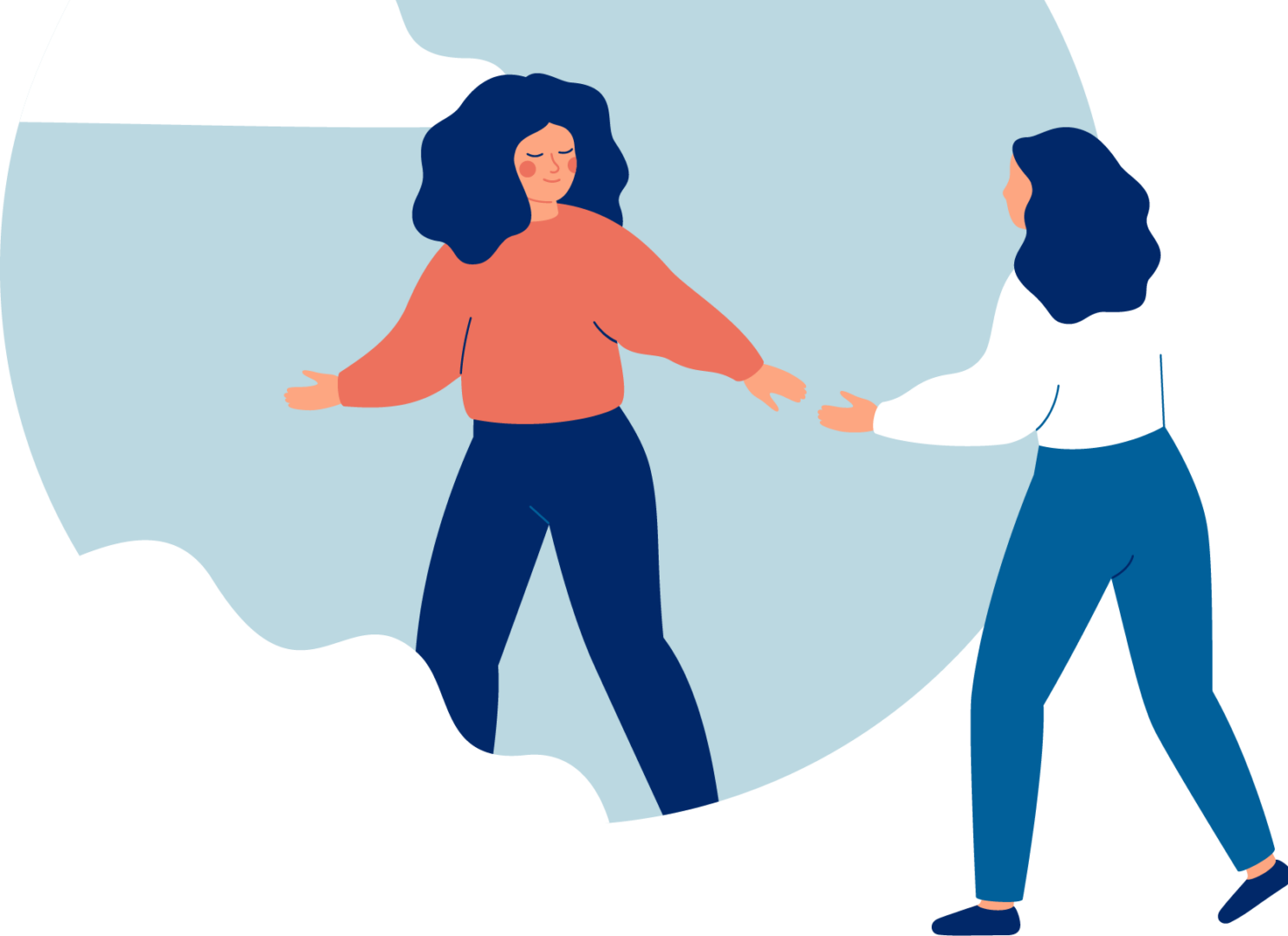
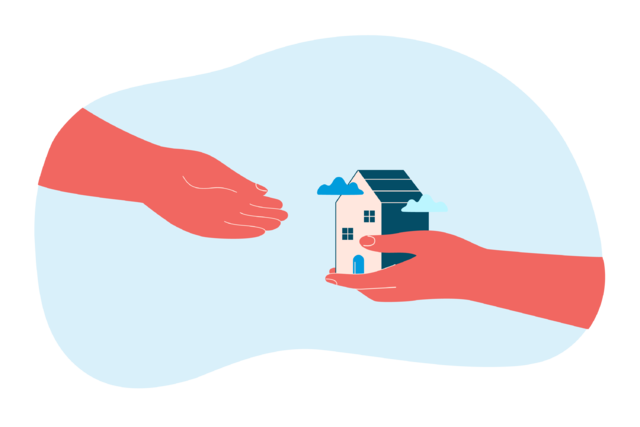
Although under 30, Sarah had already experienced homelessness twice – once when she was 23 and again at 25- each time because of her mental health and drug use problems.
– The first time Sarah experienced homelessness was when she lost her job due to frequent absenteeism. This loss of income left Sarah unable to pay rent, so she had no alternative but to move back in with her parents. Unfortunately, this return home didn’t work out, as she continued her drug use and was asked to leave. Sarah then went to stay with friends, and as a result, she became one of the hidden homeless who sofa-surf.
At this point, Sarah’s mental health deteriorated so much that one night she had a severe anxiety/panic attack and was hospitalised. Sarah remained in the hospital and began her recovery.
Once Sarah’s mental health had improved enough, she was discharged and returned to live with her friend, but after a few nights, they asked her to leave. Once again, Sarah had nowhere to go, so she had no choice but to wander the streets.
While on the streets, Sarah visited two local hostels to see if they could provide her with temporary shelter, but they turned her away as the hostels were for Men only. This situation left Sarah not knowing where to go except that she was an outpatient at the local mental health hospital. So, on her next visit to the psychiatrist there, she was so desperate she asked if they could admit her – and they did.
Sarah was admitted and became a patient there for 22 weeks, and although it was tough, she underwent rehabilitation which led to a positive turnaround. The team there helped her with drug misuse and got her the medication and support needed to improve her mental health and drug misuse issues. When Sarah was discharged, she managed to get a part-time job, secure a rented room, and continued her rehabilitation.
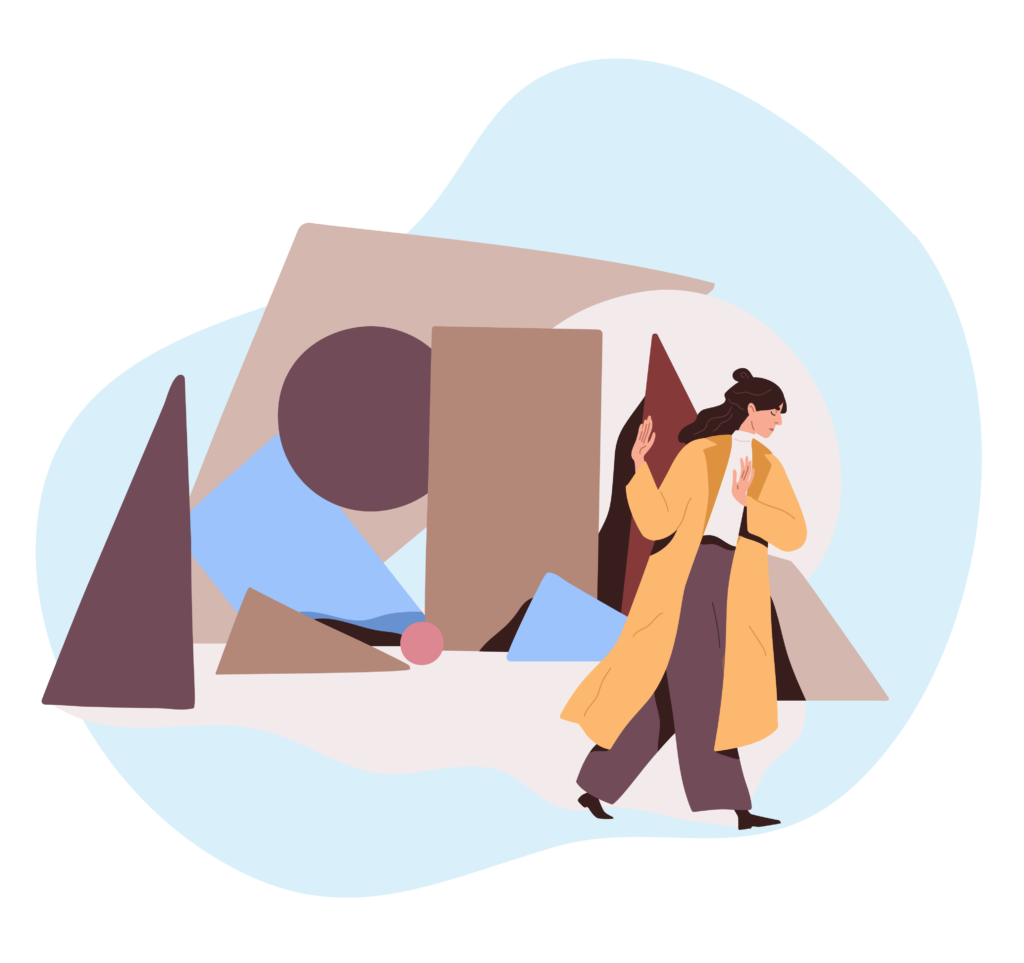
The second time Sarah became homeless, things followed a similar pattern. She had been working part-time in a shop, but once again, she lost her job due to absenteeism caused by her worsening mental health. She had no job, no money, and had rent to pay. Sarah applied for benefits, but there was a mix-up, and her benefit money was sent to the wrong account.
Eventually, they resolved the problem with her benefit payments, but she became ill again because of her mental health issues. Sarah then withdrew from the benefits system because she found it too complicated to handle and it exacerbated her mental health issues. She soon could not afford the rent and had to leave the property.
Once again, a few friends tried to help her, with one friend helping her access benefits again and suggesting she should approach her local authority for homelessness assistance. Sarah stayed at her friend’s house for a few nights until her appointment with the homelessness services team at the local authority.
The team at her Local Authority considered Sarah’s needs a priority, and immediately placed her into temporary accommodation. At the same time, they also looked for longer-term accommodation that could provide her with suitable support. A housing register application was submitted on her behalf, and eventually, she was allocated a property with floating support for her mental health issues.

The whole experience was terrifying for Sarah on both occasions, not knowing where she would spend the night. She felt abandoned and alone. At times, she had no one to turn to and would ask friends if she could sleep on their floor. They came through at first but then helped ran out quickly.
Mental ill health, drug misuse, poverty, and repeated homelessness were all interlinked in her case, and as is often the case with people who experience homelessness, safety nets can fall apart, and she went into a downward spiral.

So, what is the long-term impact of this case?
Sarah’s story has helped the local authority commission two hostels for women, and their outreach team has completed training to specifically help women who’re experiencing all forms of homelessness.
The local authority used the analytics tool which is a standard tool in MRI’s Housing Options Solution Set, to analyse the data held across these solutions and identify trends and similar characteristics across current and previous applicants to inform future service provision and procurement/commissioning activities. The data enabled them to firstly identify and tell Sarah’s story and then identify themes and assess interventions for other people with similar stories to ensure they are put in place to avoid further cases like this.
The local authority now actively encourages storytelling, and the head of service uses user personas created from the data analysis taken in the solutions to present to exec management and the board.
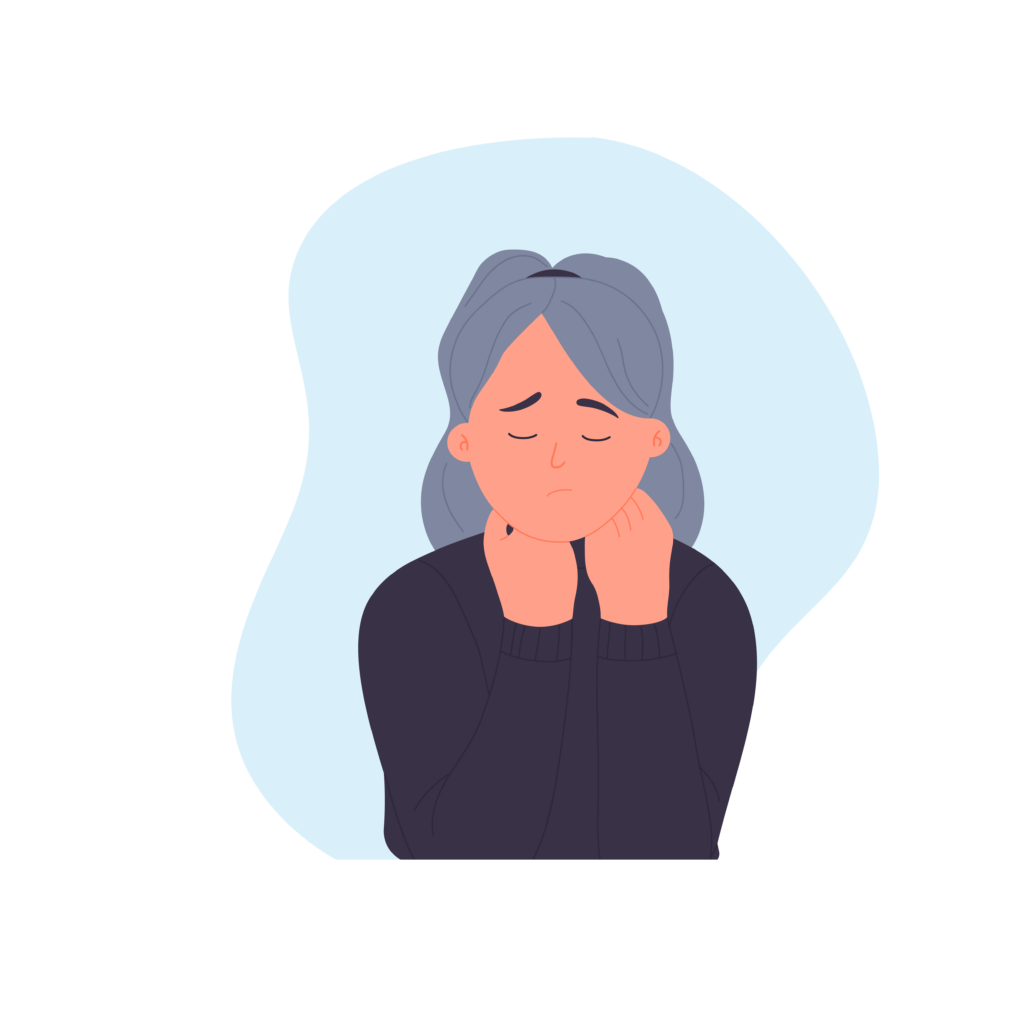
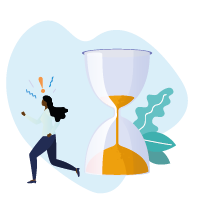
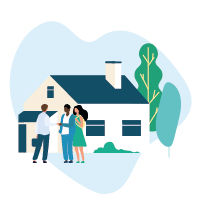
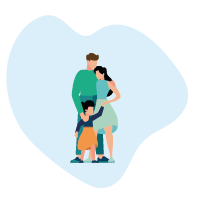

Our solutions are proven to help local authorities and registered providers create effective outcomes for the Duty to Refer, allocations and lettings, homelessness reduction, mutual exchange, rough sleeping, and case management for domestic abuse and antisocial behaviour. Thanks to powerful tenancy and income analytics you can also proactively identify people at risk and take steps towards early intervention – while deep functionality for service charge management enables you to handle the most complex requirements.
Deliver exceptional service through a consistent way of working. Our web-based solution monitors, records and tracks ASB and domestic abuse cases, helping to identify those at high risk and who need referral to MARAC. Feature-rich and in accordance with GDPR, share intelligence with partner agencies, prioritise actions and build a full history on cases with all the information you need to hand.
A unique solution designed with housing practitioners to manage cases, monitor outcomes and deliver solutions against the Homelessness Reduction Act. The technology comes completely with built-in checklists, caseload management, dashboards, triage and assessment screens and reporting.
Supporting the difficult journey from street to home, our solution is designed to deliver rough sleeper pathways; from count to independent accommodation. We support you to monitor your commissioning agreements, monitor service delivery and evidence outcomes.
Recently redeveloped in collaboration with a housing provider, fully manage your housing register and allocations services online. Equipped with online application, automatic banding and pointing of applications, map and street view of properties, image uploads and mobile responsiveness.
MRI Alert is a FREE online tool created to specifically meet your Duty to Refer requirement by securely facilitating referrals & notifications between local authorities in England, Northern Ireland and Wales and their wider partner agencies.
Digital outreach and self-service solutions are essential tools for housing providers to ensure they stay connected. Whether its building a customer portal or sending resident information by SMS, two-way digital communication is important to support residents, keep them up to date and reach out quickly across the communities you serve.
Clients
Units
Leases
Partners
Countries
This website uses cookies so that we can provide you with the best user experience possible. Cookie information is stored in your browser and performs functions such as recognising you when you return to our website and helping our team to understand which sections of the website you find most interesting and useful.
You can adjust all of your cookie settings by navigating the tabs on the left hand side.
Strictly necessary cookies should be enabled at all times. They help us make our website usable, enabling you to move around the site and use its features.
Preferences cookies enable our website to remember information that changes the way our site behaves or looks, like your preferred language or the region you are in.
Performance cookies help us understand how visitors interact with our website, by collecting and reporting information that doesn't identify you personally. Keeping these cookies enables us to improve our website.
Please enable Strictly Necessary Cookies first so that we can save your preferences!
Marketing cookies may be set by our advertising partners to collect information about your browsing habits. Keeping these cookies enables us to display advertisements that are more relevant to you and your interests.
Please enable Strictly Necessary Cookies first so that we can save your preferences!
More information about our Cookie Policy